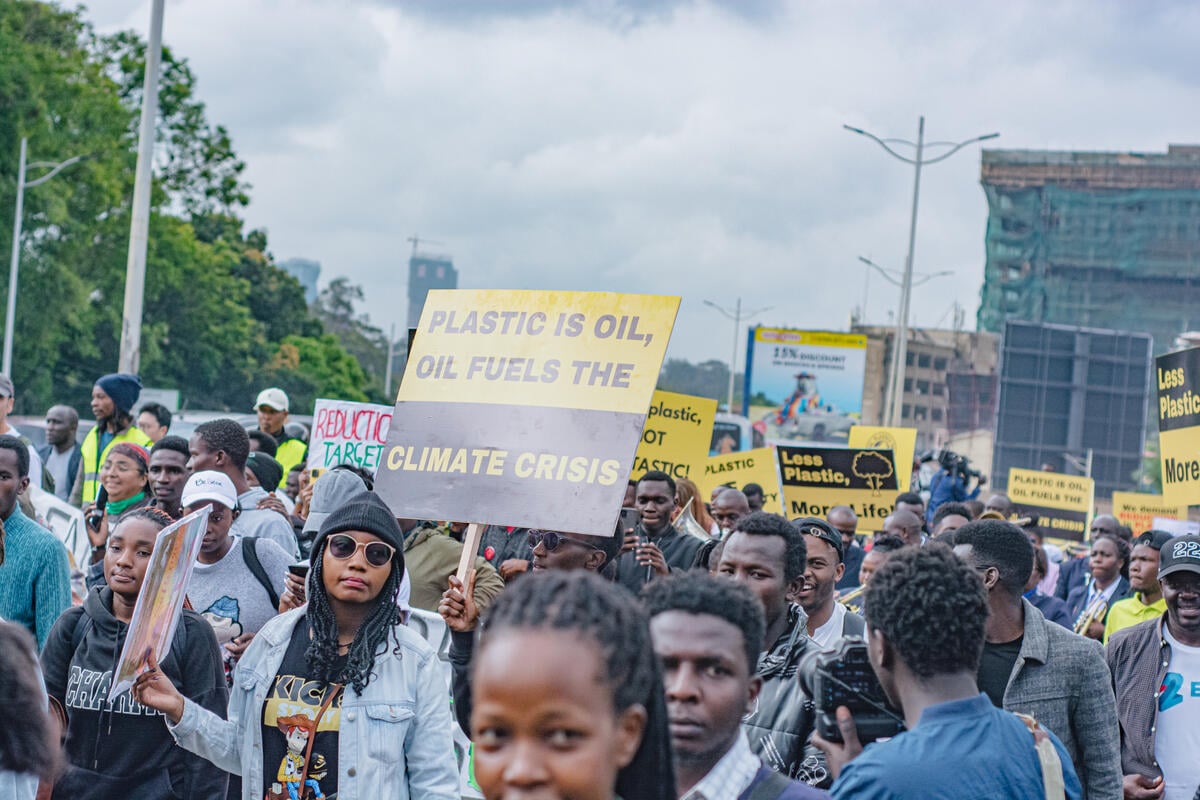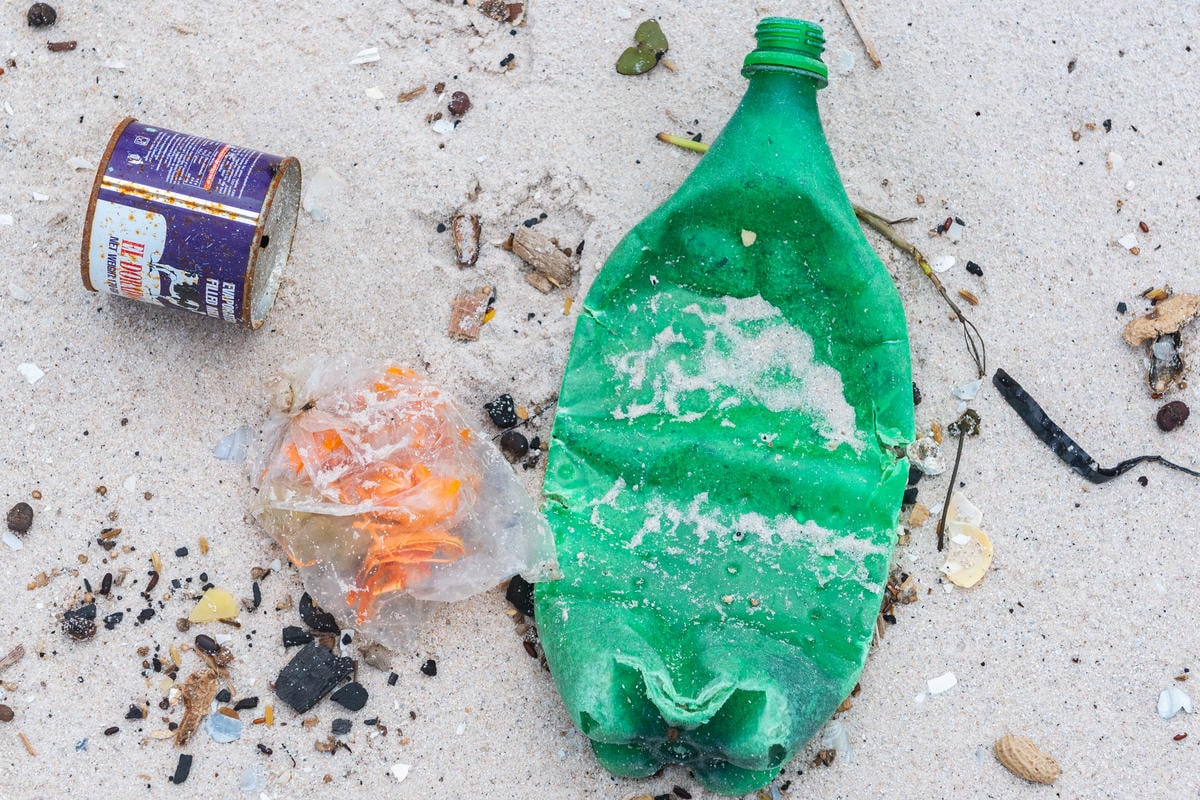The dawn of plastic technology has been a celebrated advancement in human history. However, single-use plastic has turned out to be one of the most severe environmental headaches of our time. From oceans to landfills the plastic tap is clearly out of control with plastic overflowing into our environment and in our daily lives. A problem that clearly needs a swift solution which needs to start with a change in systems to address.
When we demand a real solution for plastic pollution to be addressed, we are told to stop littering or to start recycling by those in the industry churning out more single-use plastic waste. The reality is that these corporations are minting billions of dollars, while we have few options to avoid using single-use plastics and end up suffering the impacts of the products they produce. Sadly, they ignore integrating refill and reuse operations while they have the technology and the means at their disposal. Instead, they push the burden of waste onto us, the consumers, telling us to recycle.
Truth is, recycling isn’t working and can not solve the plastic pollution crisis . A good benchmark can be derived from developing countries that have highly invested in recycling with the best available technology but still, the recycling rate of the collected plastics from households falls short of 50% with a minimal percentage of it converted back to packaging. That’s why only 9% of the plastics ever produced have ever been recycled. The end product of the recycled packaging waste turns out to be downcycled into lower value or non-recyclable products thus just delaying the inevitable journey of the single-use plastics to the landfills.
Single-use plastics polluting Nairobi CBD @ Paul Basweti
Each year, we embark on a journey to challenge the broken plastics system by taking part in the Plastic Free July challenge. We spend the month educating ourselves on single-use plastics while aiming to avoid them as much as possible. Despite individual efforts to turn this plastics tide, the biggest polluters dwarf our efforts by continuing to produce more single-use plastics than ever before.
The consistent effort of trying to live plastic-free is proving impossible as single-use plastic packaging is seemingly everywhere while the alternatives are slowly disappearing and becoming much harder to come by. The situation is worsened by the fast-moving consumer goods that we use in our daily lives which are synonymous with single-use plastic packaging. The choice to have package-free products has been taken away from the consumers and instead single-use plastics are forced down our throats.
Greenpeace Africa volunteers carry out a brand audit to single out the highest single-use plastics polluters
This July, we are turning up the heat. We are asking the biggest single-use plastics polluters – Coca-Cola, Pepsi, Unilever, and Nestle – to take more sustainable actions to halt the growth of this menace. The refill and reuse system has always been a part of the African tradition. In some African homes for instance, there’s either one or two containers dedicated to fetching milk from the vendor. We actually used to take sodas in glass bottles and return the bottle for a refill, a technology slowly being undermined and replaced by single-use plastics. This sustainable way of living served us right, it didn’t pollute our communities, and wasn’t contributing to climate change. Unfortunately, the same can’t be said for the “new technology” with single-use throw-away plastics. It is time we shun the so-called technology and go back to our sustainable traditional ways.
A cooking oil refill ATM slowly gaining traction and pushing away the single-use plastic packaged oil
In February, Coca-Cola became the first Big Brand to announce a commitment to make at least 25% of its packaging reusable or refillable by 2030. While this announcement was a step in the right direction, they need to do better and do more.
PepsiCo, Nestlé, and Unilever, which currently have negligible amounts of reuse and refill in their packaging portfolios, have not made any public commitments to increase their use of those systems.
Happy Plastic Free July! May your month (and year) be filled with refillable, reusable, and sustainable options.



